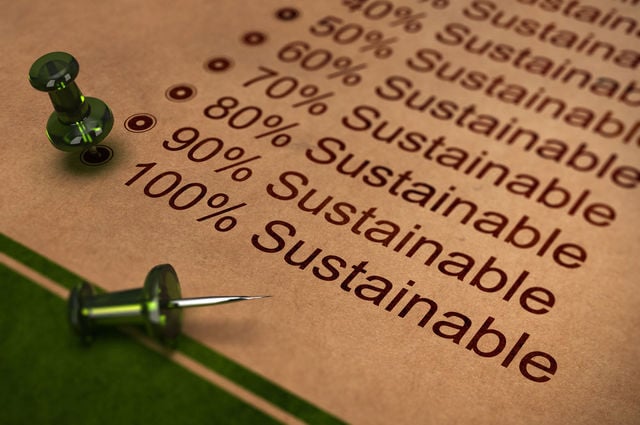How can sustainability be communicated beyond clichés and greenwashing?
31 experts shared their view
Both clichés and greenwashing are amongst the biggest traps to fall into when communicating sustainability. A "let's save the world" claim and tacky towel policy stickers are superficial and unappealing and could be a turn-off to the small group of environmentally and socially-conscious consumers. Green certification and lengthy, detailed corporate sustainability reports may (potentially) be of interest to a small niche group of highly activist consumers, who may not buy into that type of corporate hospitality in any case. However, there is a growing number of informed travelers: Those in search of genuine wellbeing and meaningful experiences at no (or as little as possible) cost to the planet. What works and what doesn't work in communicating sustainability? Any recommendations in regard to communication entering this critical decade?
ACTION should always come first, and communication be a way to articulate what has been done, not a wishful thinking process. Here are a few recommendations:
- a) Identify touch points with your customers' (service design methodology). From booking to thank you emails, you have numerous opportunities to share how choosing your hotel was a responsible choice, and nudge your customers' behaviour.
- b) Know your audience. Mid-scale leisure tourists would be receptive to very different messages than luxury-urban business travellers.
- c) Contextualize. Start broad, like how are your efforts aligned with the UN SDGs, with a national/regional sustainability agenda, or with your company's policy. Then narrow it down to what you do specifically. It will help the recipient understand where you're coming from.
- d) Communication support is important. Be creative, use symbols representative of your hotel (e.g. Thai hotels using dry coconut shells, fresh banana leaves, upcycled fabric bags or even simpler tree-shaped colourful flyers to engage guests).
- e) Reward and incentivize positive behaviour. 10% discount at the bar for guests declining house-keeping could save tons and generate additional revenue, while improving the experience. Why waiting?
- f) Lip-service bites back. Nothing worse than having your customers see their towels changed when they tried to opt-in and heard you do care about water conservation. Guests will soon be much less forgiving.
- g) Build a narrative that is backed up by serious facts and figures. Independently verified (and trustworthy) certification, NOT the corporate blabla, should be put forward, together with quantified results against clear KPIs.


